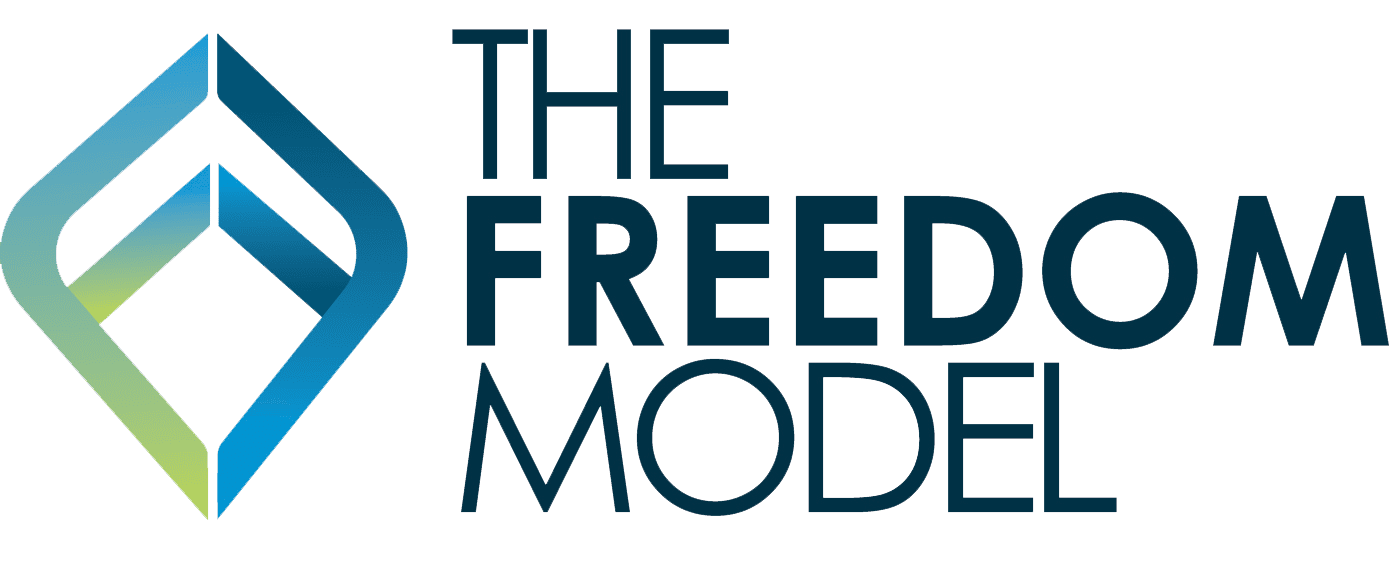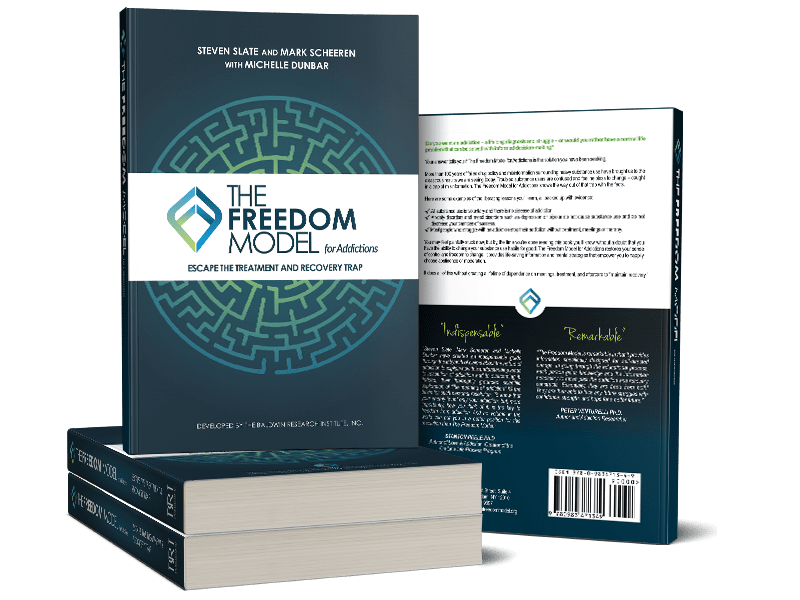You Asked, We Answered
Addiction Questions
I don’t believe in the disease theory. It makes no sense. But that doesn’t mean I don’t need recovery. I need the tools to stay sober. But on your site you talk about the recovery trap. What gives?
Yes, over the past 3 decades we have talked with thousands who do not believe in the disease rhetoric, but who still believe in “recovery.” First, if you aren’t diseased, then there is nothing to recover from. Think about that for a moment. But because the people don’t question this idea called recovery, they take the concept for granted. They feel it is needed. What The Freedom Model for Addictions will show you is how to let all three constructs go: addiction, treatment and recovery. If the first two constructs are dissolved, then the last one, recovery, isn’t needed anymore. In its place is freedom – hence The Freedom Model. Here is a piece from The Freedom Model that begins plucking apart “recovery”:
“Sadly, even with all this new information and knowledge, you may still be clinging to recovery like Victoria is:
‘I agree with everything you guys are saying here, and I’ve already stopped using. It’s awesome. Astounding really, considering how bad I was this past year with the pills. But now I need a plan to maintain my recovery, or I’m afraid I’ll end up doing the same things again. I need goals, support, coping methods, tools’.
—Victoria, a 34-year-old who struggled with opiates
Our goal in this chapter is to show you why you may still cling to some recovery ideology and how you can completely let it go. Victoria’s request assumes there is some special set of behaviors or tools that will save her from consuming pills in the future. Of course, we could respond with the obvious, “Don’t ingest pills,” but that response, although certainly logical, wouldn’t adequately address the core of her issue….
…Victoria will struggle to find full freedom if she continues to fear the future. When people from the recovery society free themselves from the cage, they can choose to stagnate just outside the cage in a form of an emotional and mental purgatory. For example, they want someone to tell them how to behave and tell them what to do, but they also see freedom’s benefits. They are not sure whether they are ready or willing to let go of the comfort provided by their old prison. That mental state is a partial imprisonment. That partial imprisonment is recovery. Recovery is the half state between the cage of addiction and the fruited plains of freedom. It is sitting outside the cage and staring back and forth between the horizon and the cage. They’re still stuck because the allure of the cage is the promise of not having to take on the risks and responsibilities that are necessary when they leave it behind for good.
So what do people in this predicament do? Naturally, like Victoria, they ask for tools, coping techniques, plans of recovery, healthy goals, and support networks; they look for something outside of them to rely on and guide them. They ask for external means of change. In general, they want someone or something to tell them what to do next. When you live with a heavy substance use habit, most choices are severely limited and are made for you by the limiting circumstances of that narrow lifestyle. Having a singular focus like drug and alcohol use to organize your life around is simple, even if it is painful. The simplicity can be one of “addiction’s” most attractive attributes. Because the drinking and drug-taking lifestyle is so well worn and known to the individual, it takes no thought or creativity to continue down that road. But once the door is opened, once the substance user sees the ruse of the recovery society, that door to freedom cracks open. The lock is broken. Then, it’s just a choice of whether they will walk out that door and build a new life.
Essentially, leaving the cage means accepting some level of the unknown, the new and the risky. It means knowing there will be ups and downs in life, that you will make good and bad decisions, that you will succeed and fail, and that all of it will be on you. You won’t have addiction to lean on for your discomfort with responsibility nor will you have the burden of recovery to lean on. The cage of recovery keeps that addiction alive. It’s a limitation on your possibilities, and it keeps you from making your own decisions. It keeps you from the expansive passion- and joy-based decisions that could take you far beyond your current troubled state. Instead, it keeps you in the realm of “safe” decisions decided by others who infantilize you and mentally hobble you. If you want to get unstuck and truly set yourself free, then go all the way and leave the cage of recovery fully behind.”


Hey! I’m at work browsing your blog from my new iphone 4! Just wanted to say I love reading your blog and look forward to all your posts! Keep up the superb work!